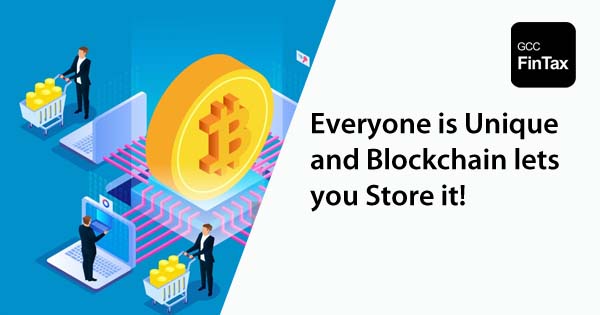
Our society is becoming increasingly technological and in the process, Smart Contracts and Digital Asset ownership have become increasingly popular. Isn’t it? NFT is one of the medium to achieve this.
NFT stands for Non-Fungible Token. Non-Fungible means that something is unique and cannot be copied. They are available in the form of Smart Contracts.
NFT’s are more than just digital images.They are digital assets that are backed by computerized ownership, authenticity, scarcity, and utility.
When an NFT is minted, a digital medium (such as an image or a video) gets infused with a bunch of computer code in the form of a smart contract, which is publicly available for anyone to verify and thereby granting it the unique features of authenticity, scarcity and utility.
The smart contract details which blockchain wallet address (owned by someone) is the current ‘owner’ of the NFT. This ownership can be transferred to another wallet address, but only by the current owner. Also, the smart contract shows the entire history of ownership that the NFT has gone through, from exactly who ‘minted’ it to all the sales and/or transfers that have occurred. Some NFT projects also specify that the owner of the NFT also owns the copyright of the art and can use it for commercial gain.
When an NFT is minted, it is given a unique identifier on the blockchain which cannot be replicated. Even though the visual medium can be copied, the underlying unique identifier cannot. This gives it the scarcity or limited availability.
NFT’s don’t have to be minted as individual pieces, they can also be minted as part of a collection. Like when a product manufacturer decides to make a ‘limited edition’, an NFT artist can create digital scarcity of their artwork by minting a limited amount of NFT’s in a combined collection.
By adding computer code to a medium in the form of a smart contract, developers can create unique permissions that grant the owner of the NFT access to certain places, events, physical assets, or online communities.
A real-world example of NFT apart from artwork would be in the event tickets world, where a collection of 1000 tickets can be sold, each of them having a combined identifier that will provide the owner access to get into the event, yet where each individual ticket will have an even more unique identifier which will give you access to a certain seat.
NFT’s (as a technology) are already being applied to things beyond art pieces. Events are one example, proportionate ownership in a property is another. One can create NFT out of their many articles of research on any particular or interrelated topics and then earn the two ways: on it sale and on each further sale as a royalty income.
This NFT is a disruptive technology and will continue to influence many sectors around the world.
Disclaimer: Content posted is for informational & knowledge sharing purposes only, and is not intended to be a substitute for professional advice related to tax, finance or accounting. The view/interpretation of the publisher is based on the available Law, guidelines and information. Each reader should take due professional care before you act after reading the contents of that article/post. No warranty whatsoever is made that any of the articles are accurate and is not intended to provide, and should not be relied on for tax or accounting advice.
You can access Law including Guidelines, Cabinet & FTA Decisions, Public Clarifications, Forms, Business Bulletins for all taxes (Vat, Excise, Customs, Corporate Tax, Transfer Pricing) for all GCC Countries in the Law Section of GCC FinTax